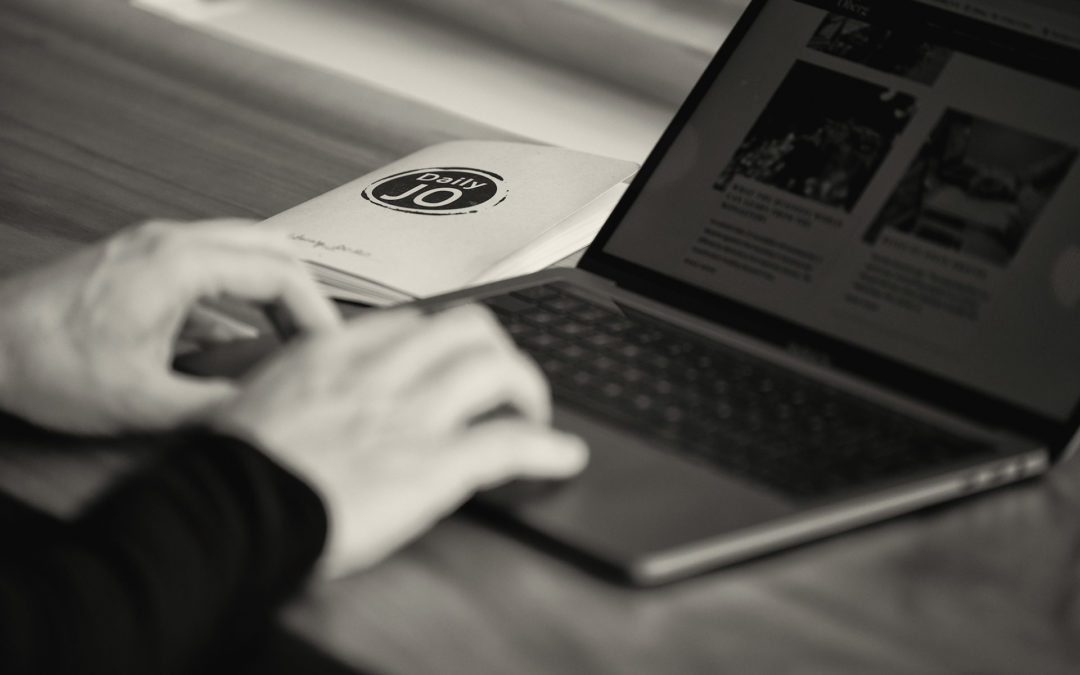We live in the Digital Age. Paperless options are offered at all the banks, and you can even have your receipt e-mailed instead of printed at most stores. Everybody in the developed world has a smart-phone and computer, and most have a tablet to boot. So why would anyone under the age of 65 want to use an old-fashioned paper journal?
I was quite surprised when in a Master’s program at a large public University the majority of the professors, even younger ones, were adamant that no screens of any kind be allowed in the classroom. It turns out that studies have shown time and again that physical, longhand writing is more effective than typing in terms of information retention. If you think about it, this makes perfect sense because “the fact that you have to be slower when you take notes by hand is what makes it more useful in the long run.”
In philosophy, a distinction is made between synthesis and analysis. Analysis is the first part of any scientific endeavor. It means to separate things into their various subdivisions. Synthesis, the opposite of analysis, comes afterwards: putting the parts back together into a coherent whole. We do this with recipes for cooking, instructions on how to change a car’s oil, or building a nuclear reactor. Taking notes longhand, because it is much slower than typing, forces us to do these two things almost simultaneously. As a person is speaking we are taking each of their thoughts and breaking it apart in our minds into the various concepts that make up a sentence. In order to write something coherent we then have to synthesize what we’ve just heard and write it down in a few words. When most people type, because they can do it much faster than writing longhand, they don’t have to do this internal work of analysis and synthesis. We tend to just throw down what people are saying, almost verbatim, which is far more information than we can actually retain.
Journaling on paper is a way of finding out who we are and where we are going. It is designed to make us analyze ourselves, by pulling apart our thoughts and emotions and past actions. It then helps us to put ourselves back together again by thinking through our goals and plans. Writing this down in a synthesis is essential. It is the opposite of a computer mind-dump, when we just vent to our keyboard, writing down lots of loose thoughts. Sometimes that is helpful, and it might be the beginning of journaling, but it is not what our Daily JO journal is designed for.
The best argument against paper is that the whole point of writing things down is that then you don’t have to remember them. This frees up your brain to avoid stress and allows you to focus on what you are currently working on. And when it comes to organizing the important details of our complicated lives this is undoubtedly true. Here is a great resource to help you do just that. However, when you are meditating about who you are and where you want to go, which is prior to organizing your life and your day, longhand writing is the way to go. The effort required to dive deep, and not just brain dump, is essential.
The next objection to paper is that writing longhand with an electronic pen on a tablet or a touch screen would be just as effective as writing on paper. This would seem to be the case, although we haven’t seen any studies focused on this topic. The biggest drawback, however, is that to do so you have to be on an electronic device. Journaling on who I am is best done with zero distractions. Unless you are extremely disciplined, and most of us aren’t, then using any electronic device means you already have distracting reminders coming at you and lots of shiny apps a click away. Smartphones are designed specifically to hook you and then keep you on them for as long as possible. That is why Facebook is worth so much to advertisers, and thus to the stock market. For the purposes of figuring out your life and who you are, you want to avoid anything that that could lead to distractions, even if it is just what you have to do today.
This is why Daily JO is a paper journal, with simple but profound concepts built into it to help analyze and synthesize our life each morning. I have found from personal experience that journaling with pen on paper helps me tremendously. I am much more free of distractions, and when distractions do pop into my head it helps to scratch down tasks in the notes section so I can continue journaling without worrying about those yet. The starkness of pen and paper brings greater clarity and focus. I are forced to think about each word and choose it carefully before writing it down. Ultimately, although electronic tools are excellent for organizing my life, deep personal journaling is best done with old-fashioned pen and paper.


